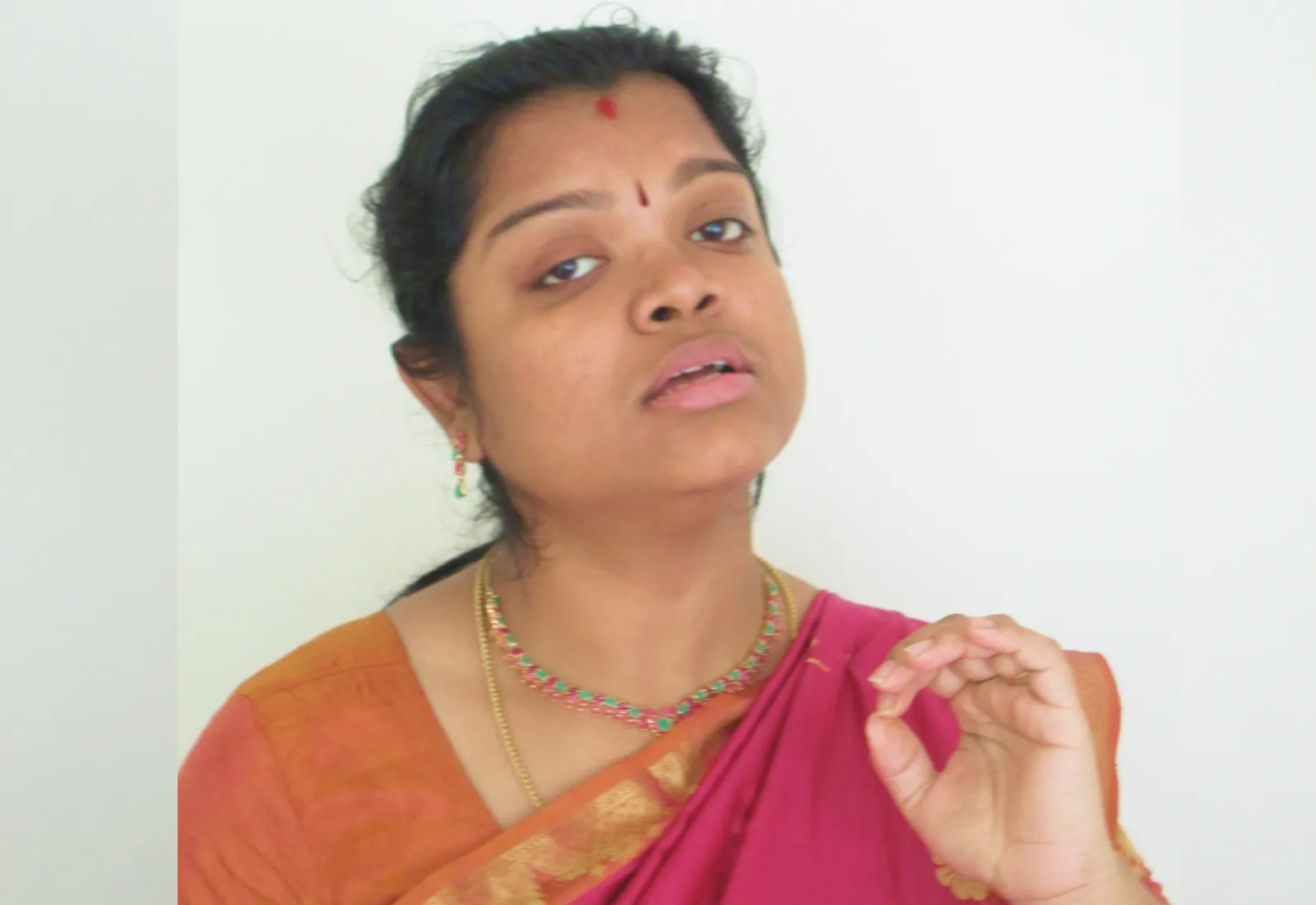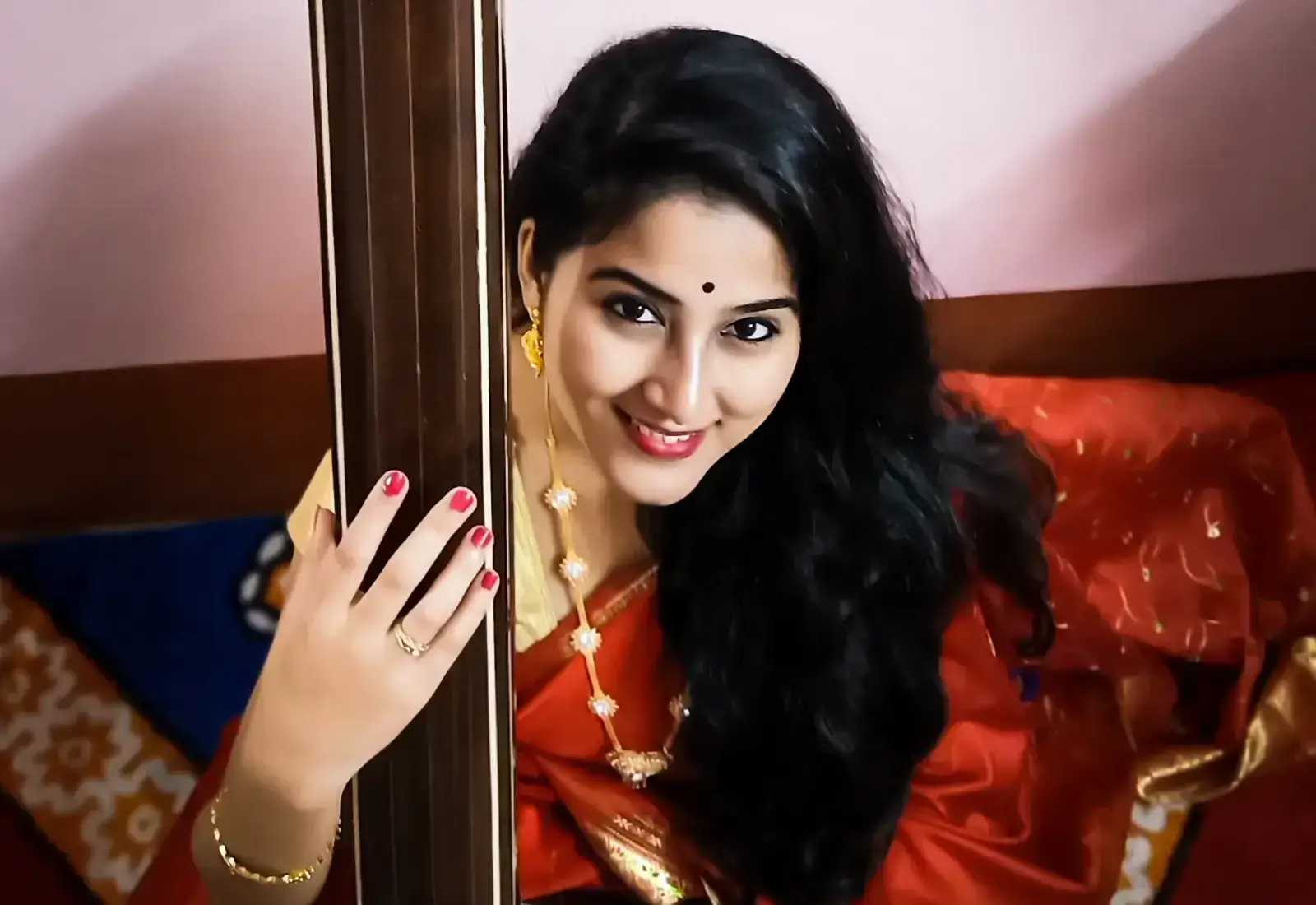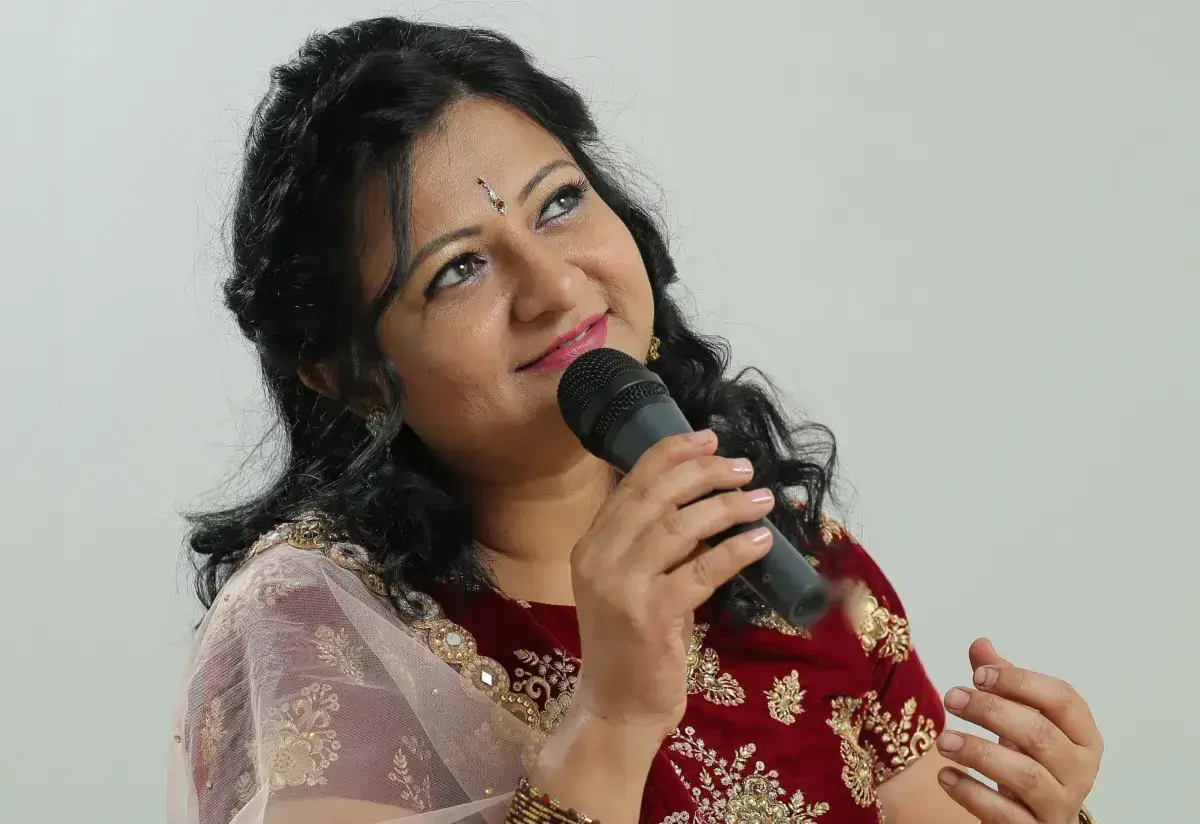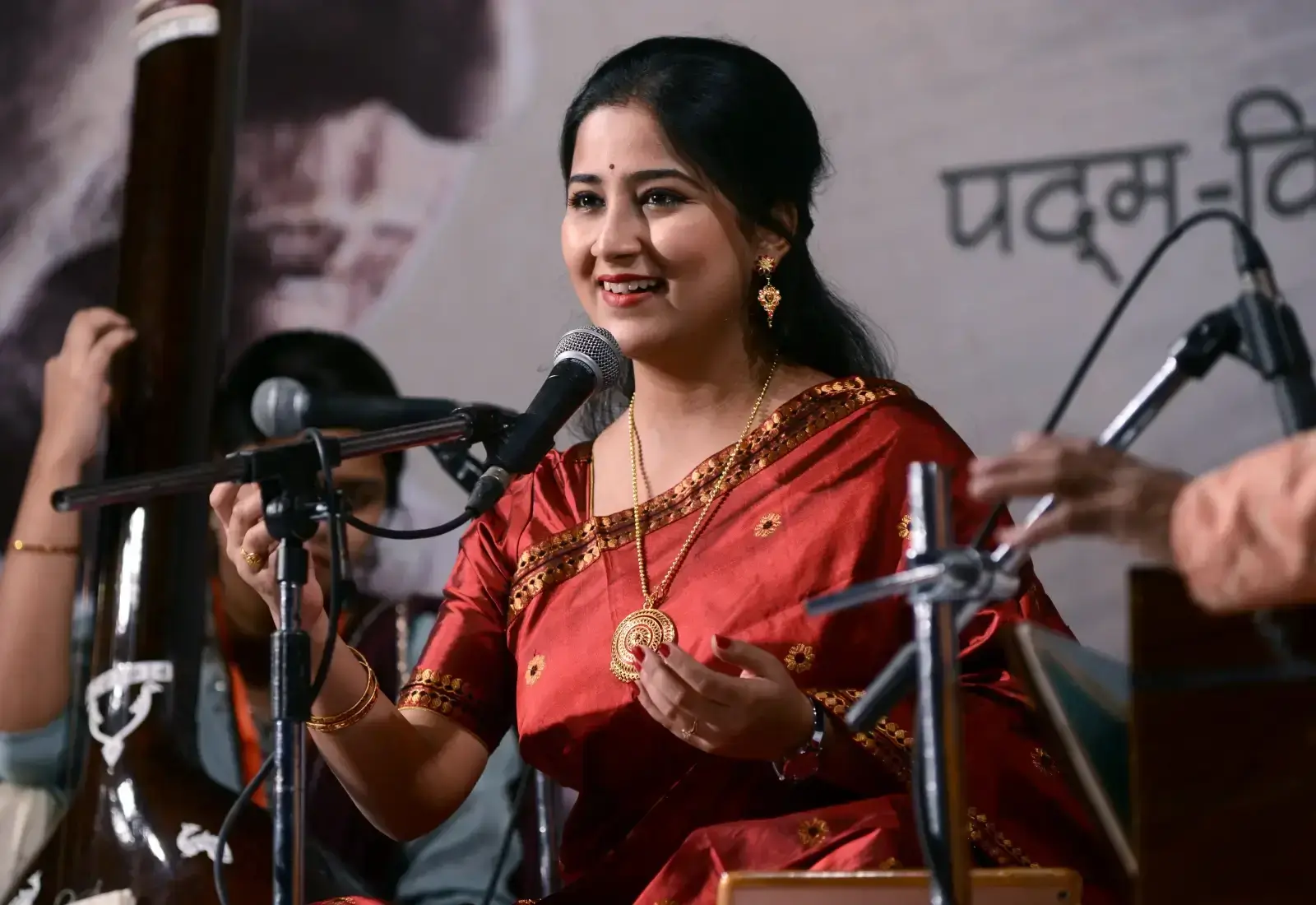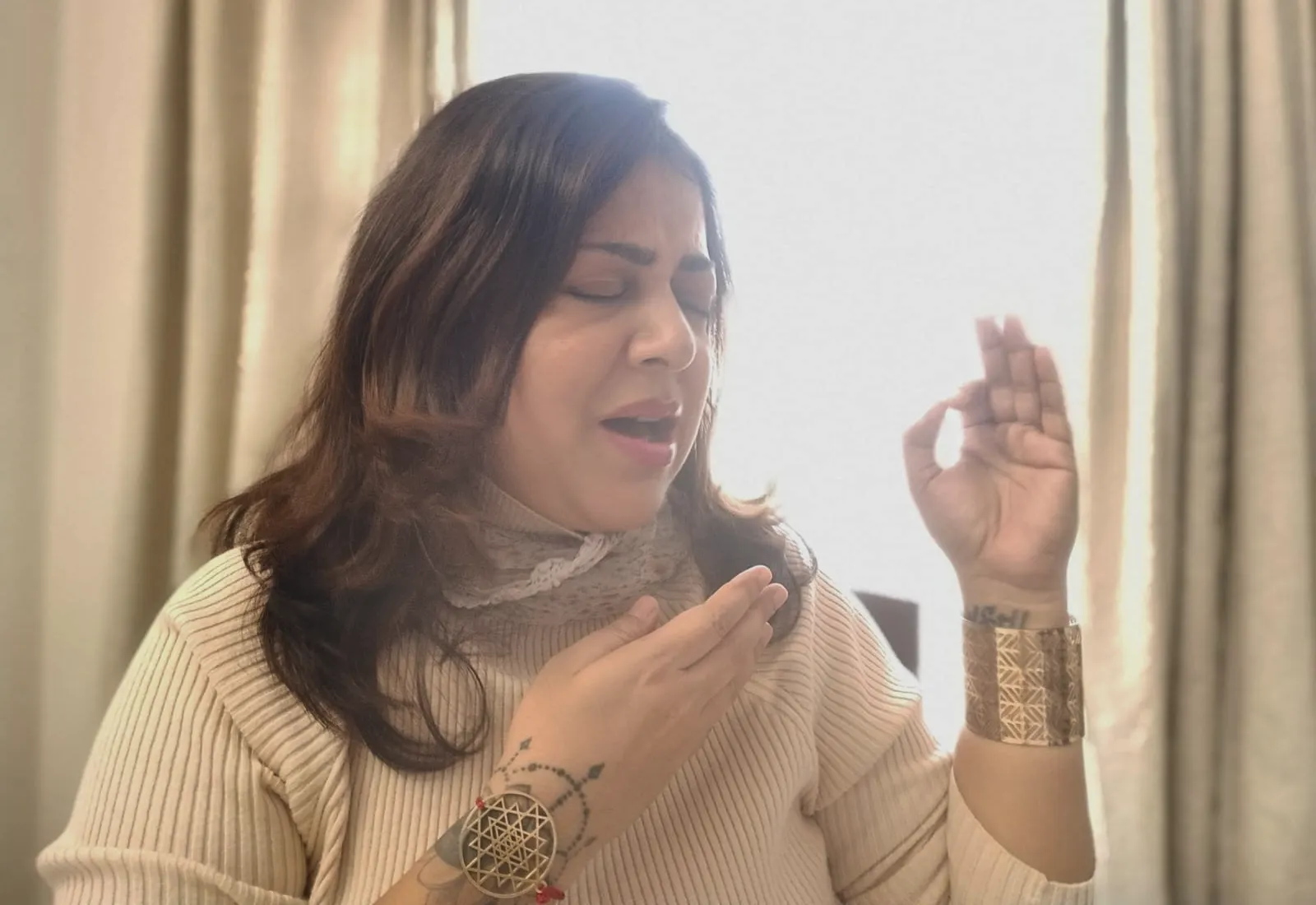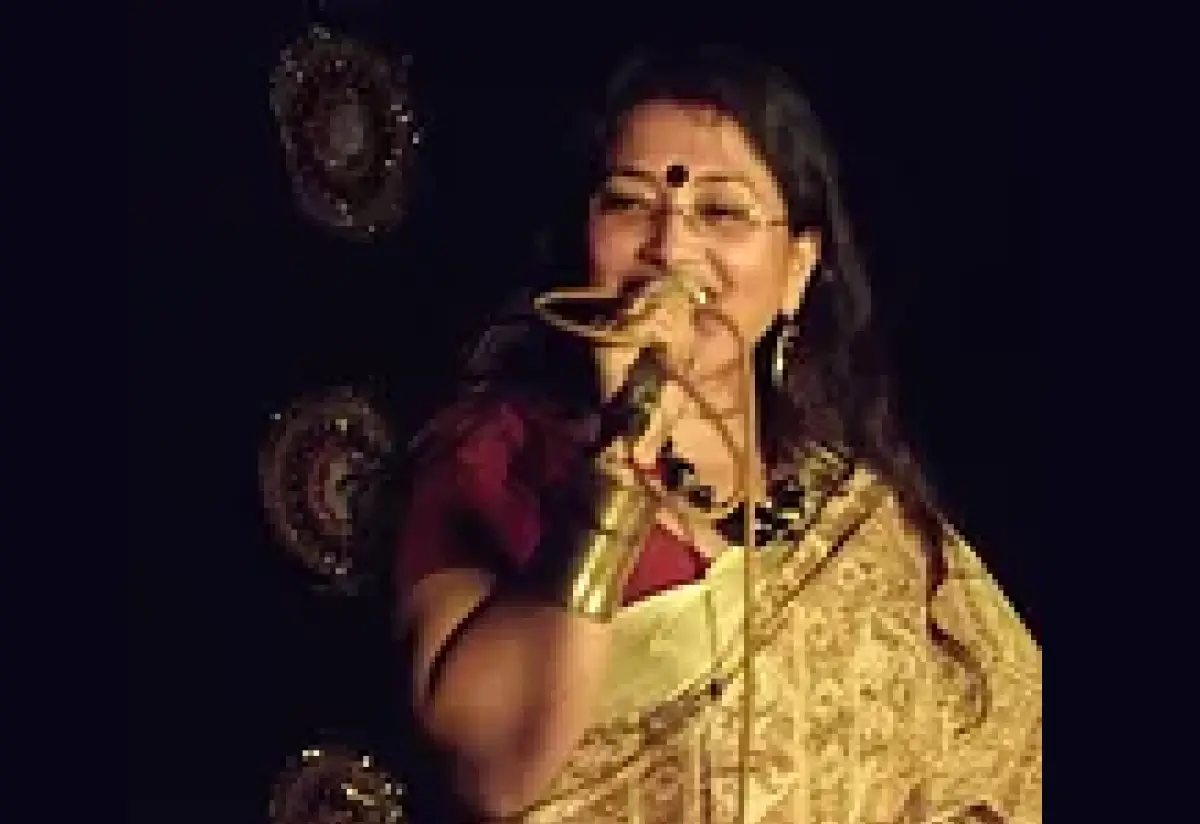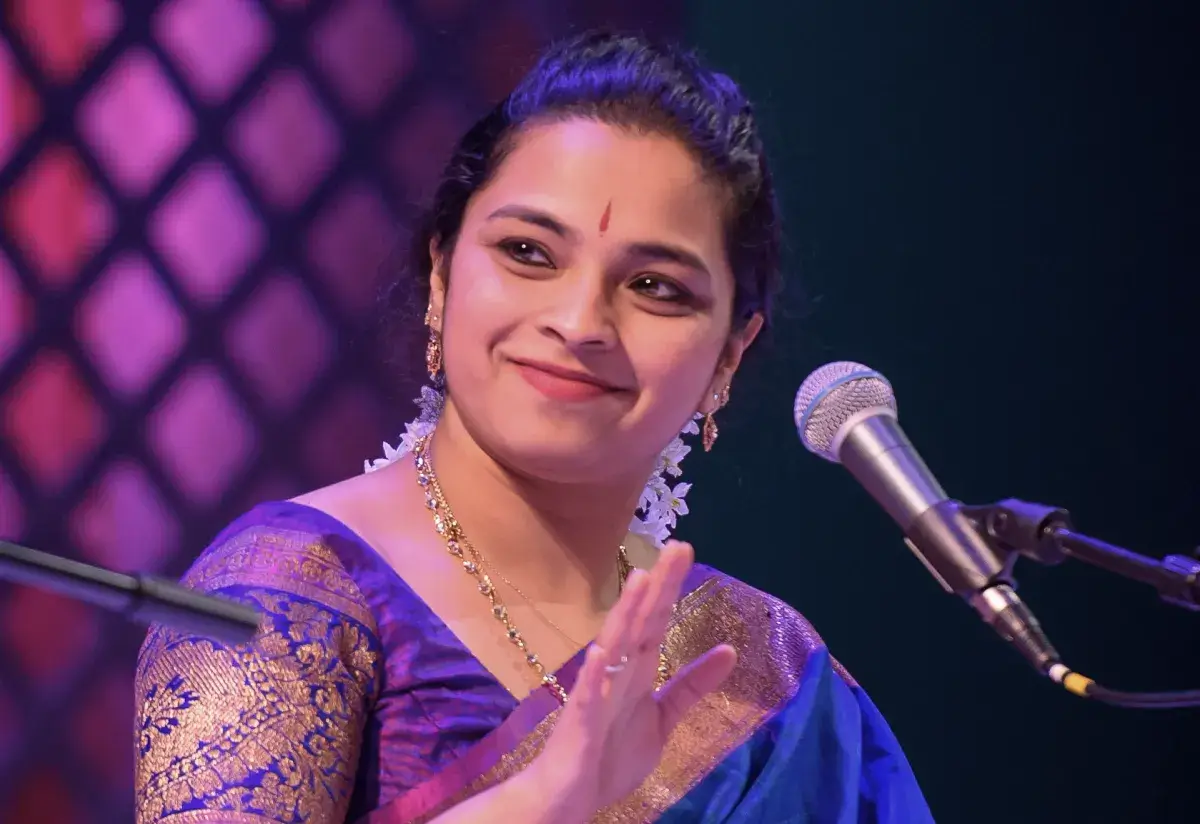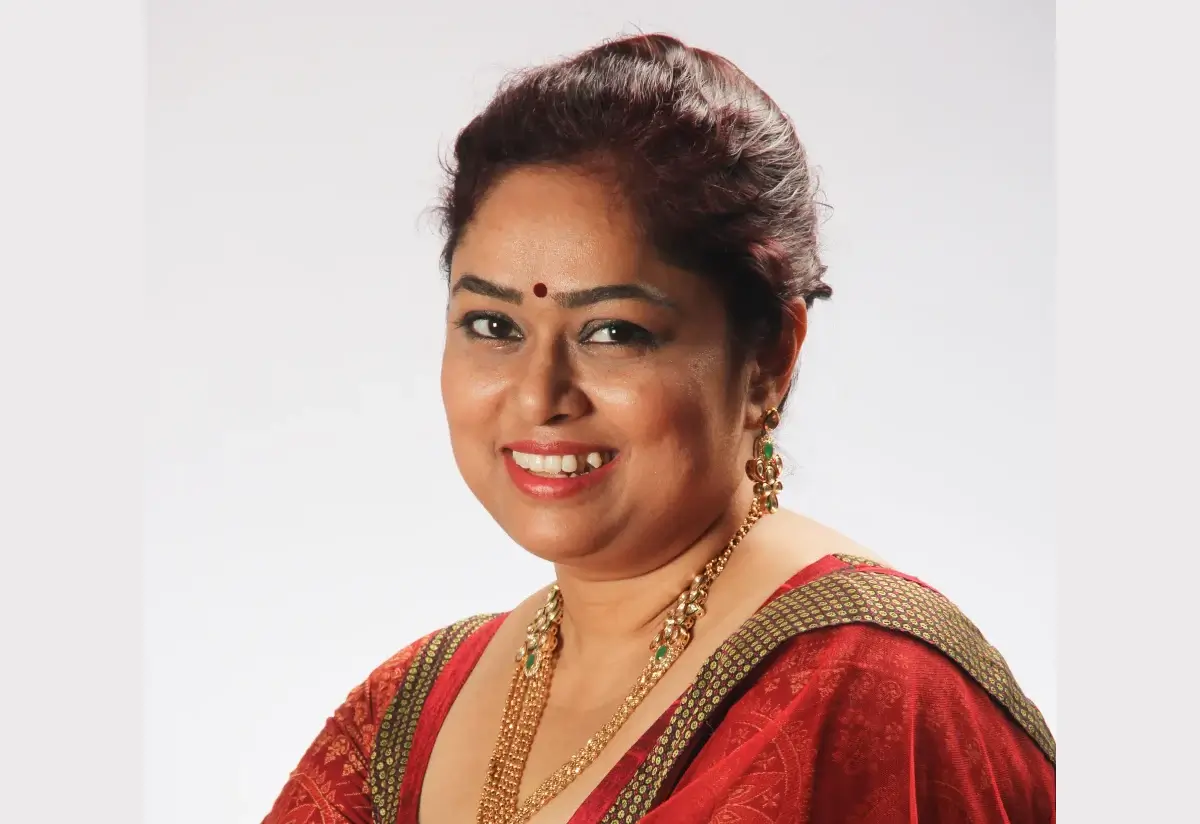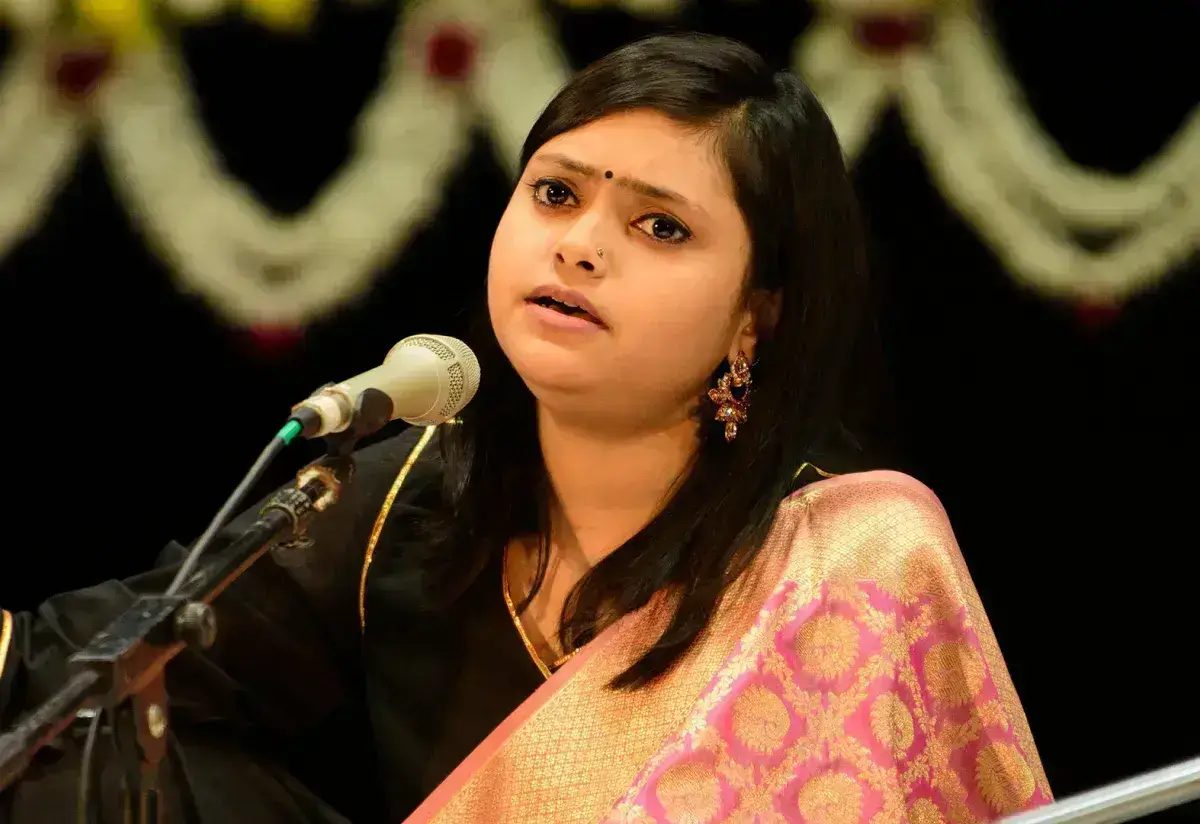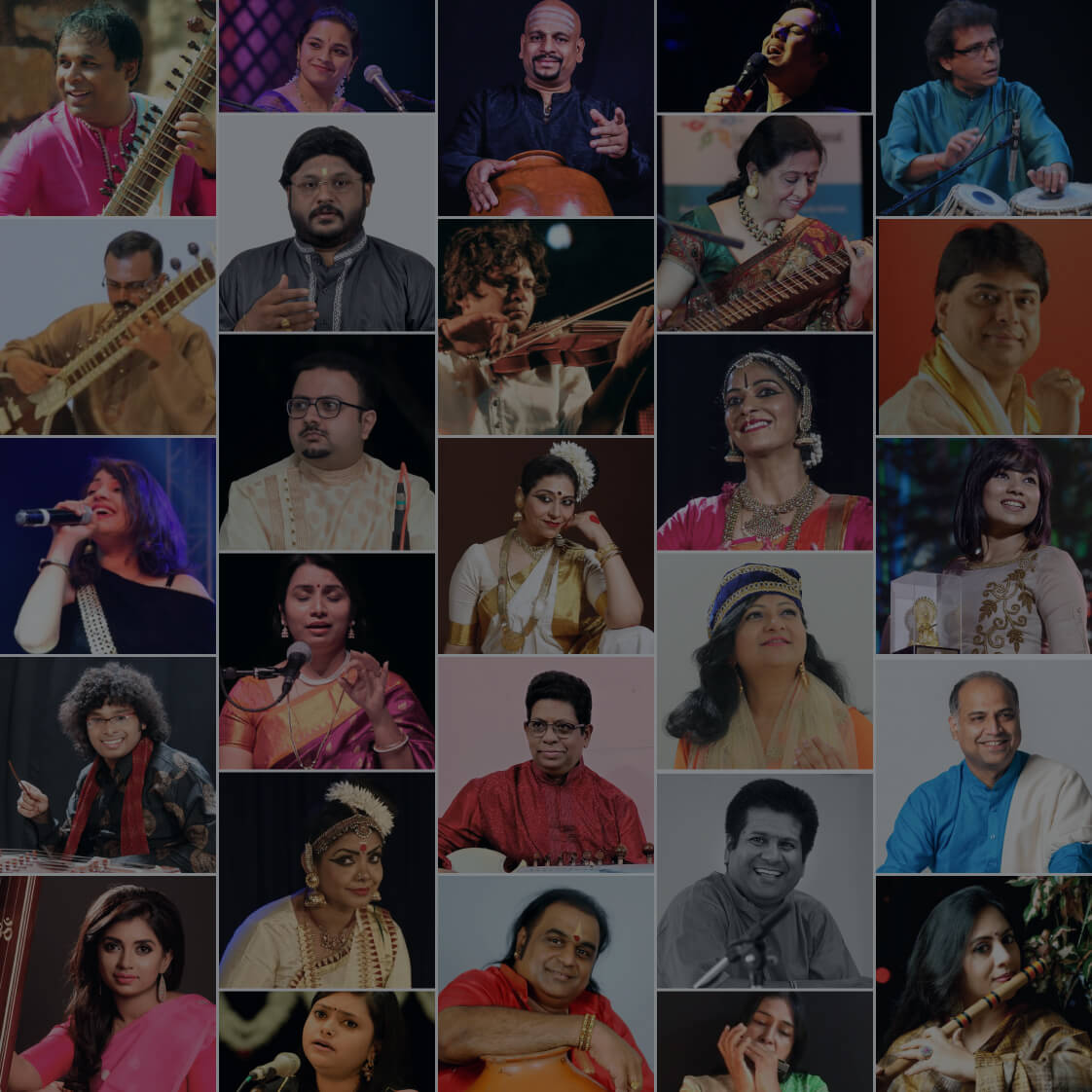Top 10 Timeless Bangla Cinemar Gaan
Bangla Cinemar Gaan—Bengali film songs—are more than melodies. They’re memory keepers: of tram-tinted evenings, black-and-white romance, monsoon windows, first love, and city lights. From the golden Uttam–Suchitra era to contemporary urban poetics, Bengali film songs have carried poetry on their shoulders and placed it gently in our hearts. Here’s a handpicked list of 10 unforgettable Bangla Cinemar Gaan that shaped generations. Use it to rediscover classics, build a playlist, or just hum along on your commute.
If you grew up with Uttam-Suchitra, discovered classics through your parents, or fell in love with modern Bengali songs in the multiplex era, this list is a warm walk through all of it.
Here’s a heartfelt curation of - tracks that defined eras, shaped taste, and still feel brand-new each time you press play.
10 timeless Bengali Film songs
- Ei Poth Jodi Na Shesh Hoy - Saptapadi (1961)
- Tumi Je Amar - Harano Sur (1957)
- Jibone Ki Pabo Na - Teen Bhuboner Paare (1969)
- Aaha Ki Anondo Akashe Batashe - Goopy Gyne Bagha Byne (1969)
- Ami Je Jalsaghare - Antony Firingee (1967)
- Chirodini Tumi Je Amar - Amar Shangi (1986)
- Amake Amar Moto Thakte Dao - Autograph (2010)
- Amar Chokhe Thonte Gaal-e Tumi Legechhile - Baishe Srabon (2011)
- Bojhe Naa She Bothe Naa - Bojhe Naa She Bojhe Naaa (2012)
- Ini Bini Tapa Time - Belashuru (2022)
Ei Poth Jodi Na Shesh Hoy - Saptapadi (1961)
Lallalala Lallalala Lallala Lallala Lallala la…
The moment this tune plays it brings an instant smile on everybody’s face. The feeling of warmth, security, and being in your own skin - when you are with your one and only. On a bike ride on a road that you wish never ends.
Essayed by the legendary Uttam Kumar and Suchitra Sen on the screen - the motorbike, the wind in their faces, and this duet flowing like an endless road - spells magic on the onlooker on the other side of the screen.
Sung by Hemanta Mukherjee and Sandhya Mukhopadhyay with music by Hemanta himself, this is the gold standard of Bangla Cinemar Gaan. Simple melody, lyrical grace, and a lingering, ineffable feeling that refuses to end.
Tumi Je Amar - Harano Sur (1957)
A song that sounds like a promise of love - to hold on to each other till eternity. The magic spills again as the Uttam-Suchitra duo lightens up the screen. The very customary romantic backdrop of a full moon night, a towering tree with the hearts intertwined in love.
Hemanta Mukherjee pairs beautifully with Geeta Dutt in this unforgettable piece from one of Bengali cinema’s most beloved films. The tune is gentle but not fragile, the orchestration lush but never loud—classic Bengali songs at their most intimate.
Jibone Ki Pabo Na - Teen Bhuboner Paare (1969)
Manna Dey’s buoyant voice, Sudhin Dasgupta’s sparkling composition, and lyrics filled with youthful optimism make this song an eternal favorite. Featured on Soumitra Chatterjee, the track captures the carefree, hopeful spirit of college days and the belief that life holds endless possibilities.
It’s playful yet profound, brimming with confidence that the world is waiting to be conquered. The energy of the tune, the rhythm of the words, and Manna Dey’s infectious rendition make it impossible not to smile. Even decades later, “Jibone Ki Pabo Na” continues to be the anthem of youth, echoing with timeless sunshine.
Aaha Ki Anondo Akashe Batashe — Goopy Gyne Bagha Byne (1969)
Few songs capture unfiltered joy the way this classic does. Composed and written by Satyajit Ray and sung with charm by Anup Ghoshal, it paints a soundscape where mischief, laughter, and fantasy come alive.
With its folk-inspired rhythm and playful simplicity, the song instantly transports listeners into the magical world of Goopy Gyne Bagha Byne. Children giggle, adults hum along, and generations connect through its boundless energy. It isn’t just a film song—it’s pure cinematic magic, a reminder of how music can turn everyday air and sky into a carnival of happiness. Truly timeless Bengali film music.
Ami Je Jalsaghare - Antony Firingee (1967)
Some of the Bengali film songs are so deep that words fall short for them. This song is one of them. A semi-classical composition brought to life through the voice of Manna Dey.
Ami Je Jaslaghore Berowari Jhaar, Nishi Phurale Keho Chay Amay Jaani Go Aar. Literally meaning - I am the chandelier gloriously accenting the court room at the time of the performance. But once the night gets over, no one wants me any more.
This song captures the dramatic flair of a performer’s life—spotlight, applause, and the solitude that follows. The melodic arcs are glorious, the phrasing impeccable, and the emotional pull undeniable. A timeless stage within a song.
Chirodini Tumi Je Amar - Amar Shangi (1986)
Don’t know what exactly is so tempting about eternal companionship! But when you weave it in a nice romantic tune, play it on screen with the bubbly duo - Prasenjit Chatterjee and Vijayata Pandit syncing lip to the voice of Kishore Kumar - you are sure to fall for this deal of eternity.
With Bappi Lahiri’s heart-melting composition, the song is soaked in romance and longing. Its gentle melody, soft rhythm, and unforgettable lyrics capture that pure, youthful promise of being together forever. Played on screen with the innocence of first love, it became a cultural milestone and still makes listeners pause with nostalgia. Decades later, “Chirodini Tumi Je Amar” remains an anthem of everlasting love in Bengali songs history.
Have you heard the song - Dil Mein Ho Tum, Ankhon Mein Tum from the 1987 film - Satyamev Jayate? It is the Hindi remake of Chirodini. By the way, if you are interested, here is another listicle on Top 10 Easy Bollywood Hindi Songs for Beginners to Sing.
Amake Amar Moto Thakte Dao — Autograph (2010)
This song marked a turning point in modern Bengali music, where the voice of the individual found its space. Sung and composed by Anupam Roy, “Amake Amar Moto Thakte Dao” is more than just a melody—it’s a quiet manifesto of selfhood.
The lyrics resonate like an inner dialogue, a gentle yet firm plea to be accepted as one is, without masks or expectations. Minimalist in arrangement yet powerful in emotion, it feels deeply personal while touching something universal. For a new generation, this became an anthem of identity and freedom, cementing its place as a contemporary classic.
Amar Chokhe Thonte Gaal-e Tumi Legechhile — Baishe Srabon (2011)
A song that breathes intimacy, “Amar Chokhe Thonte Gaal-e Tumi Legechhile” is love captured in its softest, most fragile form. Anupam Roy’s heartfelt composition and soulful singing turn this track into a quiet conversation between lovers, where every word feels like a whisper.
The lyrics speak of touch, closeness, and the unspoken language of affection, evoking moments too tender for prose alone. With its gentle flow and emotional honesty, the song beautifully balances passion with vulnerability. In a film filled with darkness and mystery, this piece of music shines like a warm, glowing ember of human connection.
Bojhe Naa She Bothe Naa - Bojhe Naa She Bojhe Naaa (2012)
Few modern Bengali songs have captured the ache of unspoken love quite like this one. Composed and sung by Arijit Singh, “Bojhe Naa She Bojhe Naa” is drenched in longing, where every note feels like a sigh and every pause holds a secret.
The melody is simple yet haunting, weaving tenderness with quiet pain, while the lyrics speak of emotions too deep to confess. It resonates with anyone who has loved in silence, carrying both sweetness and sorrow. More than just a film song, it’s a ballad of yearning that lingers long after the music fades.
Ini Bini Tapa Time - Belashuru (2022)
Playful, quirky, and refreshingly lighthearted, “Ini Bini Tapa Time” brings a burst of mischief into Belasheshe. Sung with irresistible charm by Anupam Roy and Iman Chakraborty, the song dances on a childlike rhythm that instantly lifts the mood.
Its sing-song lyrics and playful banter capture the joy of everyday moments, reminding us that love is not always grand gestures—it is also laughter, teasing, and silliness.
In a film that contemplates relationships, separation, and togetherness, this track works like sunshine breaking through the clouds, offering a reminder that happiness often hides in the simplest of tunes.
Ending Note on Bangla Cinemar Gaan
Melodies carry memory! That’s what these songs remind us time and again. From the single screens bursting with crowd to watch Uttam-Suchitra lipsyncing pure love to the multiplex moodiness of the present times, tracks aren’t just “old favorites” or “new hits”—they’re cultural anchors.
Love Bengali Film songs? Save this list, share it with someone who loves to hum along. And if you want to learn these songs or have your own favorite list of songs that you would love to learn explore online Bengali singing classes.
A timeless Bengali film song usually blends a memorable melody with meaningful lyrics and heartfelt singing. Beyond just music, it amplifies the mood of the film—whether it’s joy, romance, sorrow, or nostalgia.
Absolutely. Start with relatively simpler, melodic numbers like Ei Poth Jodi Na Shesh Hoy, Tumi Je Amar, and Jibone Ki Pabo Na. Focus on clarity of diction, steady breathing, and staying in a comfortable pitch range.
Not always. While many are rooted in Hindustani or Rabindra Sangeet traditions, a natural sense of expression, emotional delivery, and correct pronunciation often matter more than formal training for casual singing.
The 1950s–1970s are often regarded as the golden period, featuring stalwarts like Hemanta Mukhopadhyay, Sandhya Mukherjee, Kishore Kumar, Manna Dey, and composers such as Salil Chowdhury and Sudhin Dasgupta. However, the 2000s onwards saw a fresh wave led by Anupam Roy, Rupam Islam, and Arijit Singh.
Love, separation, longing, hope, social change, and youthful energy dominate. They often mirror the emotions of the characters while standing strong as independent musical pieces.
Yes, very much. Many songs have crossed linguistic borders—thanks to Kishore Kumar, Lata Mangeshkar, Asha Bhosle, and modern crossovers. Also music composers such as Hemnt Kumar, Salil Choudhury and Bappi Lahiri who were creating music simultaneously for Hindi and Bengal movies at the same time. They resonate widely with lovers of Indian film music. Some examples include - Kahin Dur Jab Din Dhal Jaye (Amay Proshno Kore Nil Dhrubo Tara in Bengali),Naa Jaao Saiyaan Chhurake Baiyaan (Oliro Kotha Shune Bokul Haanshe in Bengali) and Yeh Nayan Dare Dare (Ei Raat Tomar Amar in Bengali) and many more.
Rabindra Sangeet and Nazrul Geeti are literary-based music traditions by Tagore and Nazrul, performed independently. Bangla Cinemar Gaan, though influenced by these traditions, are specifically composed for films and often have a more cinematic, situational appeal.


